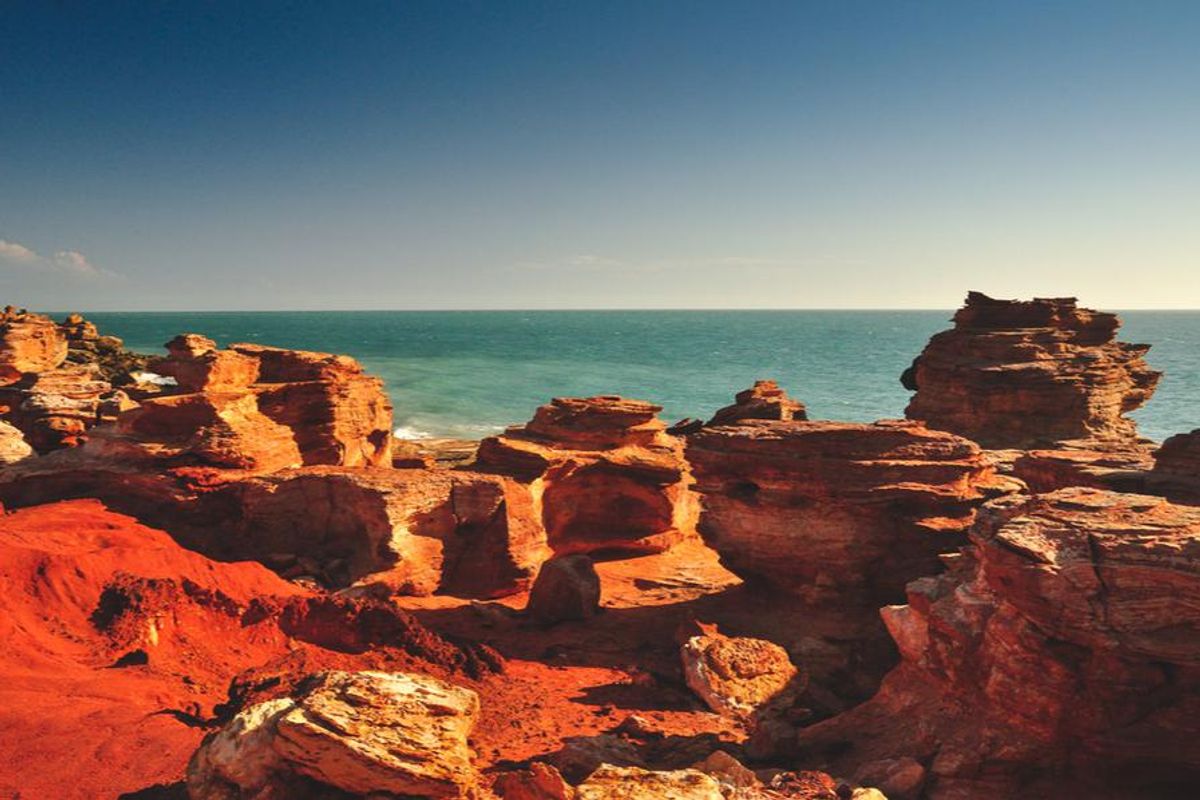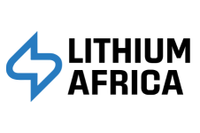Western Australia Plans to Become Critical Minerals Hub
WA accounts for around half of global lithium production and is a major exporter of nickel, cobalt, manganese and rare earths.

Western Australia could play a key role in developing the critical minerals needed to help the world transition from fossil fuels to greener sources of energy.
The state accounts for around half of global lithium production and is a major exporter of nickel, cobalt, manganese and rare earths — all key raw materials used in the production of electric vehicles.
Speaking at this year’s Critical Minerals and Energy Investment conference, Western Australia’s Mines and Petroleum Minister Bill Johnston said there’s no question that the decarbonisation of the transport industry is critical.
Australia has committed to reaching net zero by 2050, as well as cutting emissions by 43 per cent compared to 2005 by the end of this decade.
“It's one of the easy wins in the pathway to net zero because we already have technologies that can replace the internal combustion engine,” he said during a panel discussion. “Electric vehicles use a lot more metal than traditional vehicles. So therefore, there's going to be that huge additional demand, depending on who you talk to, six times, or eight times, or 10 times more demand than presently.”
Lithium is currently the third highest mineral by sales value in Western Australia, with high spodumene prices driving concentrate sales to a record AU$6.8 billion — more than two-and-a-half times its previous record.
But the state government doesn’t want to stop at the upstream stage, with Minister Johnston saying Western Australia wants to go down further in the value chain for a whole range of reasons.
“Some of those are simply because we want the jobs, others are these geopolitical questions,” he said. “When we pitch to global investors about why we want them to invest in a processing project here, we talk about the domestic risks, and we point out the benefits of doing their processing here.”
In the lithium sector, Tianqi Lithium (SZSE:002466), Albemarle (NYSE:ALB) and Covalent Lithium, a joint venture between SQM (NYSE:SQM) and Wesfarmers (ASX:WES), have all invested in developing processing capacity in Western Australia.
The amount of lithium that is going to be needed will increase by four times in the next eight years, according to Resource Capital Funds chief commodities strategist Robert Gray.
“We need to add 2 million tonnes to a capacity, not a production amount, but a capacity that currently sits around 500,000 to 600,000 tonnes per annum. Most of that is going to come from hardrock deposits, and Western Australia leads the way in that respect,” he told the audience in Perth.
The opportunities in the critical mineral sector are clear, but in order to develop the supply chains of these metals, Ron Mitchell of Global Lithium (ASX:GL1) believes that what is needed is more of a partnership approach.
“The supply chain historically has been very segmented,” he said. “You've got the upstream, downstream; there's been very little collaboration between those segments and there needs to be greater collaboration.”
The build out of domestic or regional supply chains around the world has picked up pace in recent years, with western countries trying to reduce their dependence on Asia. Moves from the US, which launched its Inflation Reduction Act, and Europe, soon to announce a detailed Critical Raw Materials Act, point to how geopolitical the discussion has become.
Peter Nicholson of Appian Capital Advisory, who was also part of the panel discussion around how to support investments in critical minerals, said there’s a disconnect between the intent of politicians, and probably CEOs and the environmental-social-governance components of businesses, and the purchasing department.
“Because there is not a financial imperative for the purchasing guy to buy more expensive rare earths products or any other critical mineral for that matter from a more expensive supplier,” Nicholson said. “So you are seeing the Chinese supply chain remain in place, even though the rhetoric we're hearing elsewhere is around diversifying.”
For Nicholson, self sufficiency is a great concept that is easy for everyone to buy into.
“But how do we drive that? Because that's a financial game, and at the end of the day, as an investor, you are invested because you want to make money and that's the reality. And bridging that gap is incredibly difficult,” he said. “I can honestly say that the ATO has made it 30 percent harder to invest in Australia than anywhere else, because they are taxes on investors that you do not get in any other part of the world.”
For the fund manager, Australia has got the skills, the people, the materials, but has this massive barrier for finances.
“And there's just this disconnect between what governments are looking for, and the financial incentives for people that are actually going to be able to bring it to bear,” he said.
Don’t forget to follow us @INN_Australia for real-time updates!
Securities Disclosure: I, Priscila Barrera, hold no direct investment interest in any company mentioned in this article.





